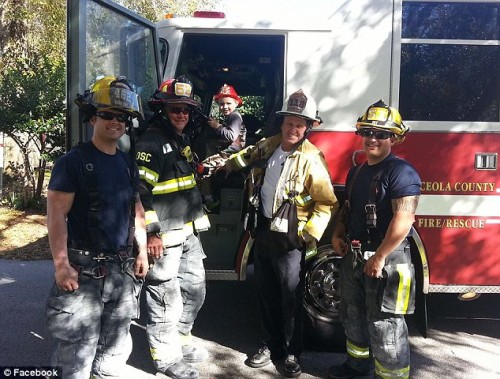The year Harland Sanders turned sixty-five, he received his first social security check in the mail.
It was for a measly $105 dollars. But he was glad to get it because he was flat broke.
After spending the last twenty-five years running a gas station that happened to serve some of the best fried chicken in town, and then a stand-alone restaurant where he refined his eleven secret herbs and spices recipe, the newly-built Interstate 75 drastically reduced customer traffic to the restaurant. People stopped coming. Sales dried up. And Sanders wondered if his dream was dead.
It was like a real-life Radiator Springs.
Colonel Sanders, as we know him today, could have given up on his dream. He could have gone ahead and retired and found a way to live on his monthly checks. But that wasn’t his style.
The gentleman, in his signature white suit and black string tie, began traveling around the country to cook his chicken for restaurants to try. Many times Sanders had to sleep in his car, unable to afford a motel. Eventually, he began selling franchise rights when his fried chicken recipe took off.
We all know how the story ended. It only took seventy-four years for Sanders to become an overnight success. In 1964, he sold his Kentucky Fried Chicken corporation for two million dollars.
Doubling-down on your dream may seem crazy to others, but if you believe in your heart that it’s what you were really meant to do – then you must do it. When you don’t, you rob yourself of realizing your true potential and you cheat the world of experiencing what you could have offered.
Maybe that’s changing careers. Maybe it’s starting a business. For Sanders, it was selling chicken.
John A. Shedd once wrote that, “A ship in harbor is safe… but that is not what ships are built for.”
Before you can storm the island, you have to leave the harbor where you’re shielded from the criticism of others and possible failure. Trying something new, what you feel called to do, is risky.
Isn’t it riskier to not follow your calling? Isn’t it riskier to not become who you were meant to be?
I’m convinced that right now, the world’s greatest novel is sitting in someone’s drawer as a manuscript collecting dust, only to be found years later by their kids. Or worse, it’s stuck inside someone’s head, shielded from the criticism of others and safely docked away from the sea of failure. It will never see the light of day, bring a smile to someone’s face, or change anyone’s heart.
Only when we take the time to examine our lives and be brutally honest with ourselves to truly understand how our ship was uniquely built… only then can we set sail for the right adventure.
What was your ship built for? If you’re playing it safe, realize that the love of comfort is the enemy of greatness. And if you find yourself in the wrong place in life, if your ship is on the wrong path, you have to find the time in your busy day to do something about it and make a course-correction.

